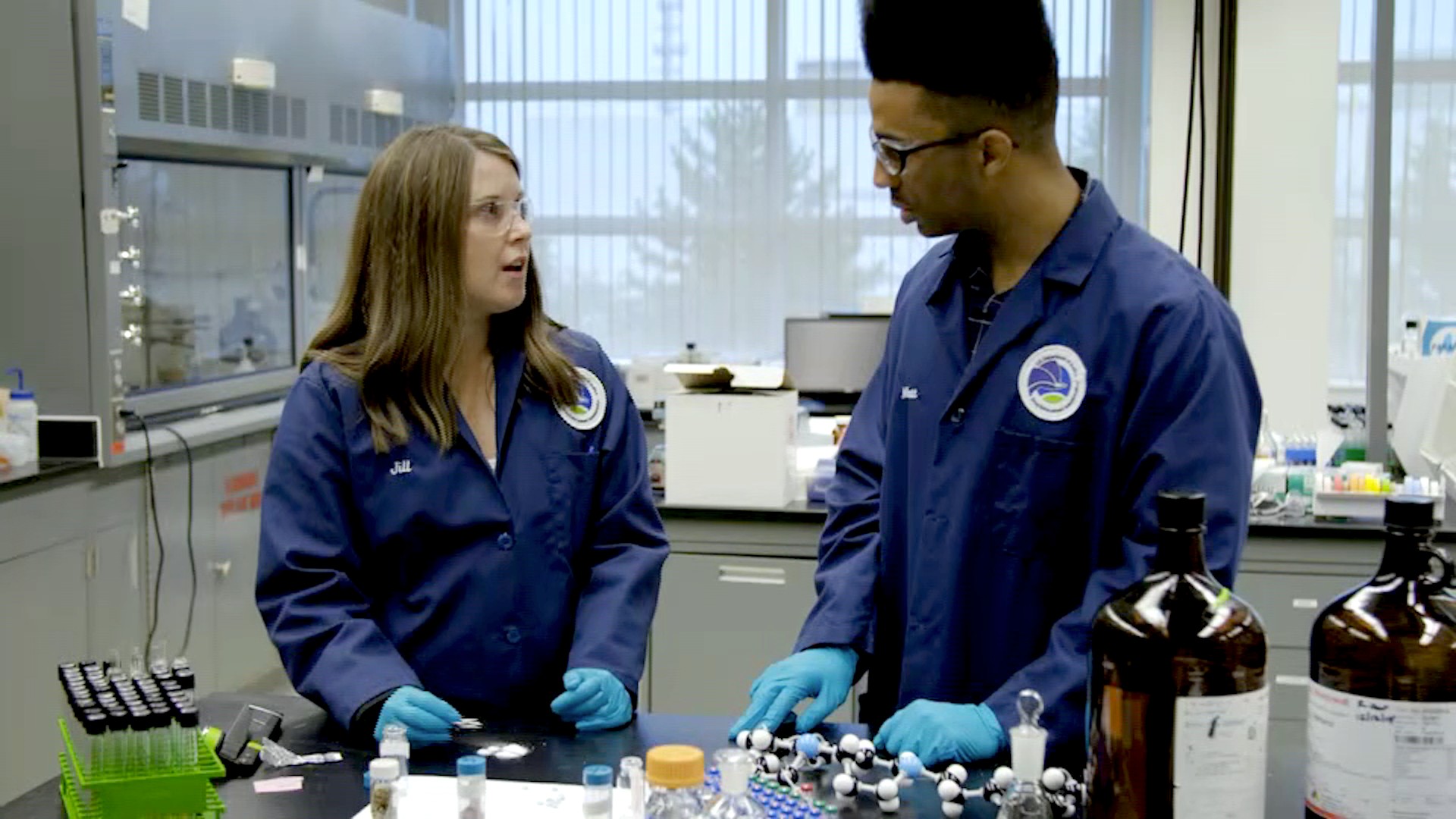A drug squad officer has died of a fentanyl overdose, Toronto police announced on Thursday, marking the first instance of a Canadian law enforcement official falling victim to the deadly opioid overdose crisis killing thousands across the country.Const. Michael Thompson was found in medical distress at home on April 10 and rushed to hospital, where he died three days later, police said in a statement. It was not immediately clear why police waited eight months to announce the death publicly.The quantity of fentanyl was “too large to have been caused by mere contact with that drug,” said the statement.Police said the circumstances of his death “leave us with more questions than answers.”Thompson was a good police officer who was respected by his colleagues and had regular access to street-level drugs, police said. They did not disclose how fentanyl had entered his system.The police force outlined various support services available to officers in the event of a personal crises or health issues, while acknowledging the need to provide “additional supports” to frontline cops.In the first three months of 2017, more than 600 people died of opioid related overdoses Canada-wide. The crisis also claimed more than 2,500 lives in 2016. Over the last decade, there has been a 70 percent spike in opioid-related hospital admissions, according to data released by the Canadian Institute for Health Information released in September.In August, three Alberta prison guards were hospitalized after being exposed to fentanyl on the job, their union reported. Another two officers in Edmonton were hospitalized after they touched fentanyl that fell out of mail arriving for inmates. Those prison guards were given the antidote naloxone, the union said. But medical experts told VICE News it’s unlikely that walking past or touching fentanyl would cause harmful side effects or an overdose.News of the officer’s death comes on the same day that new statistics showed showed a 28-percent jump in overdose-related 911 calls in 2017.As of October, police had responded to 2,120 overdose calls in 2017, up from 1,650 in the same period last year.Despite calls from their union, Toronto police officers have not been equipped with naloxone.Harm reduction workers have been lobbying the government to provide officers with naloxone in order to better treat overdoses to stem the rising tide of fentanyl deaths.
Advertisement
